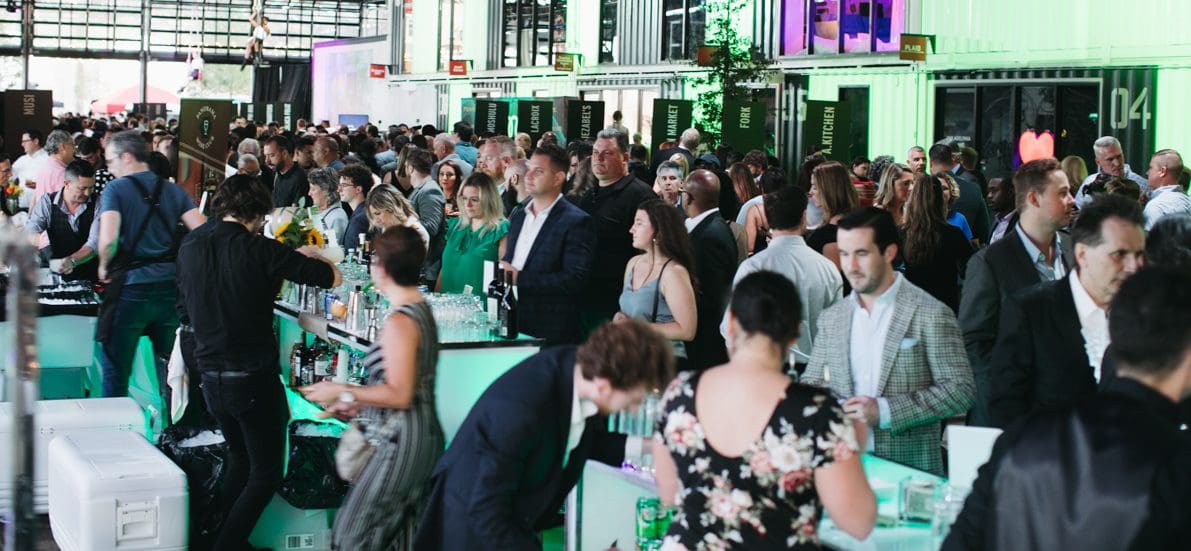Fringe Festival Venues

The Philadelphia Fringe Festival operates under a Bring Your Own Venue model. This means that artists who register and self-produce their performances in the festival are responsible for finding and securing their own venues.
For a full guide to participation in the Philadelphia Fringe Festival, including venue guides, visit our new Philadelphia Fringe Festival website’s Artist Resource Center.
